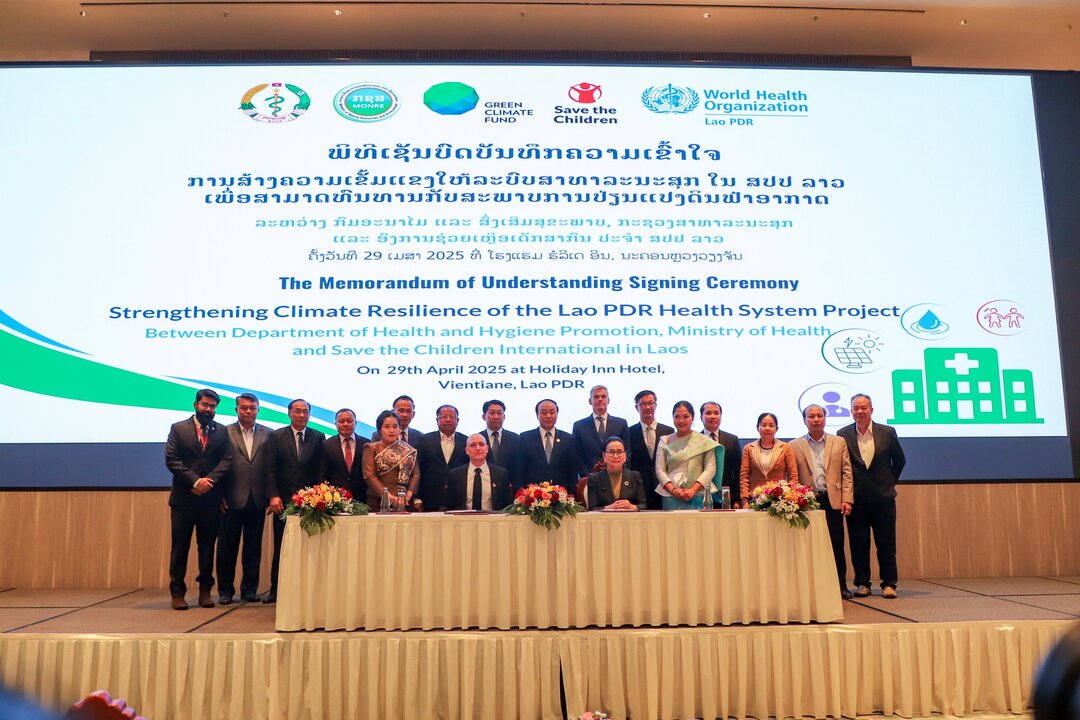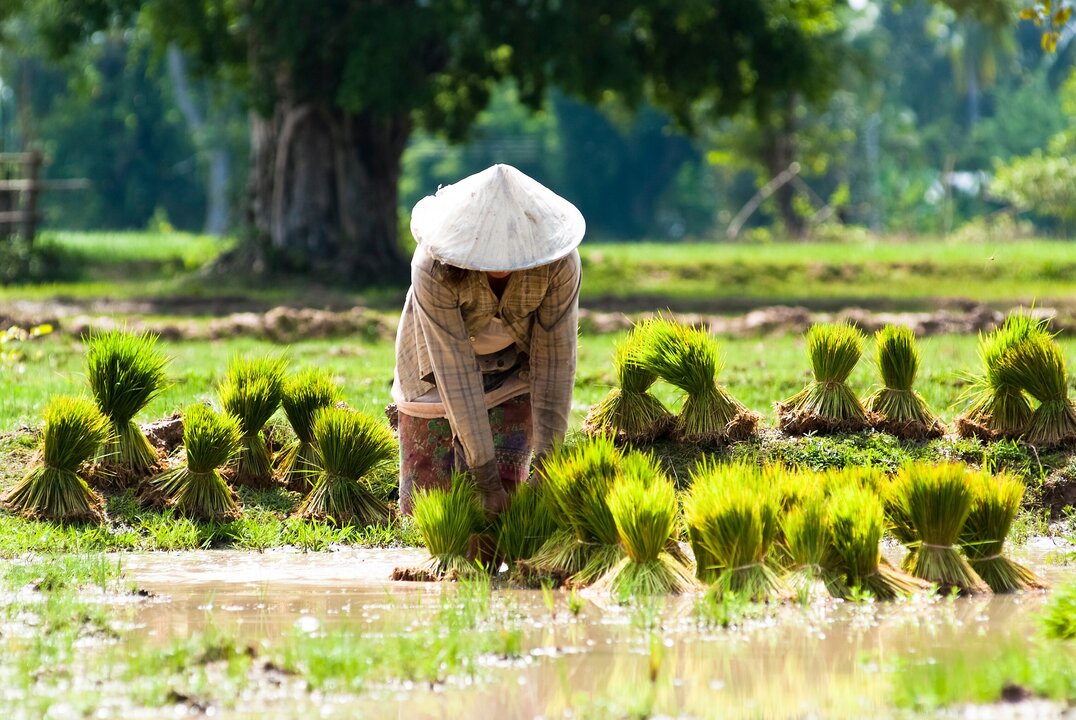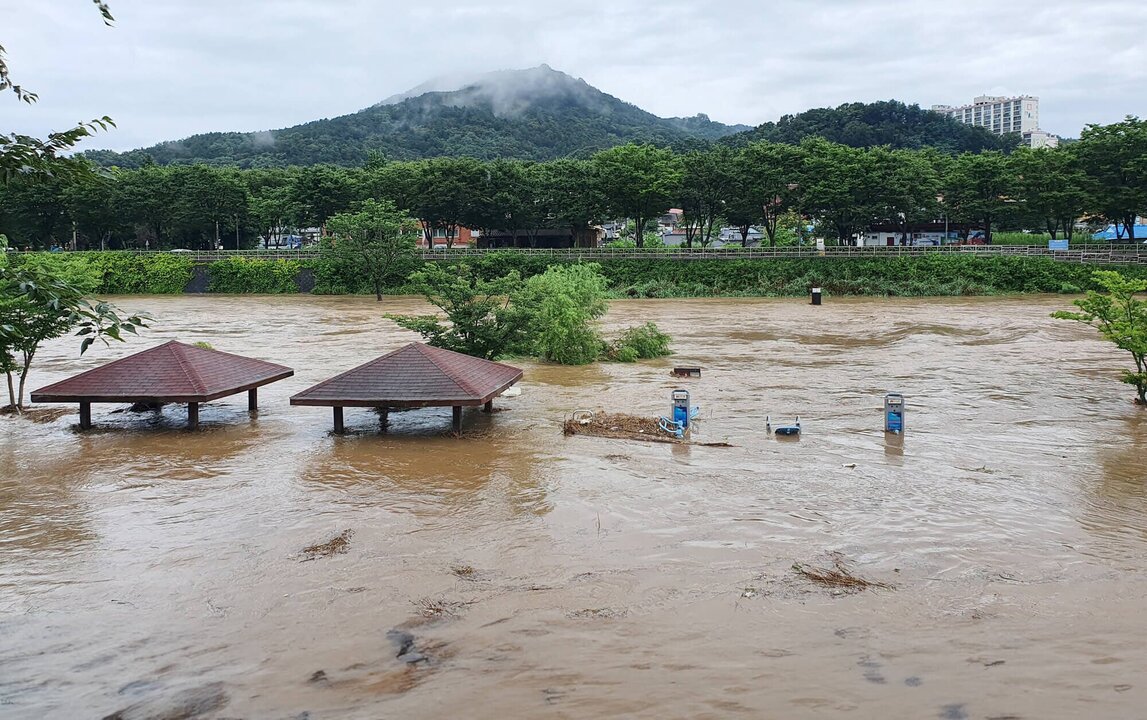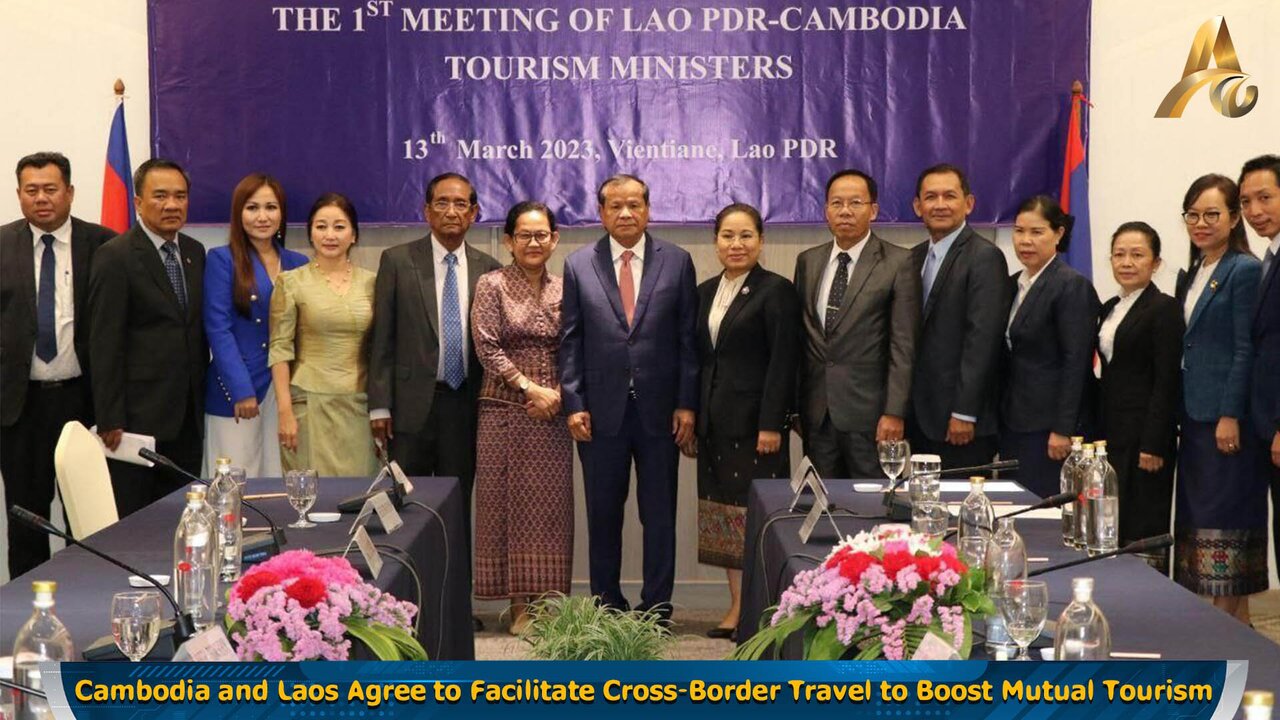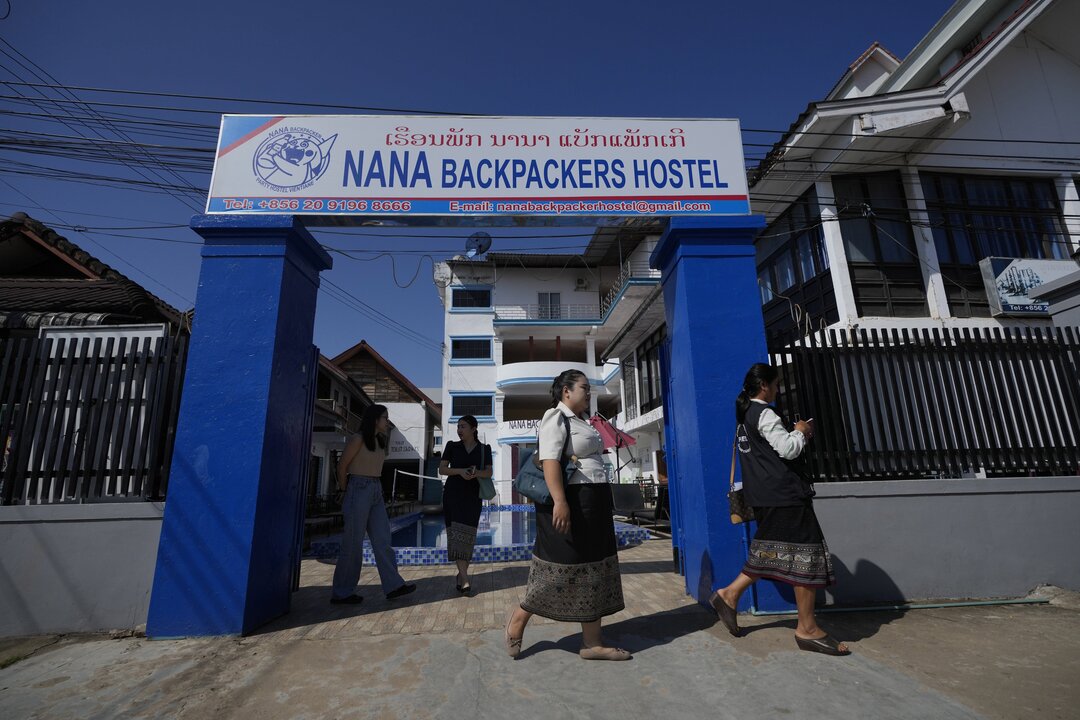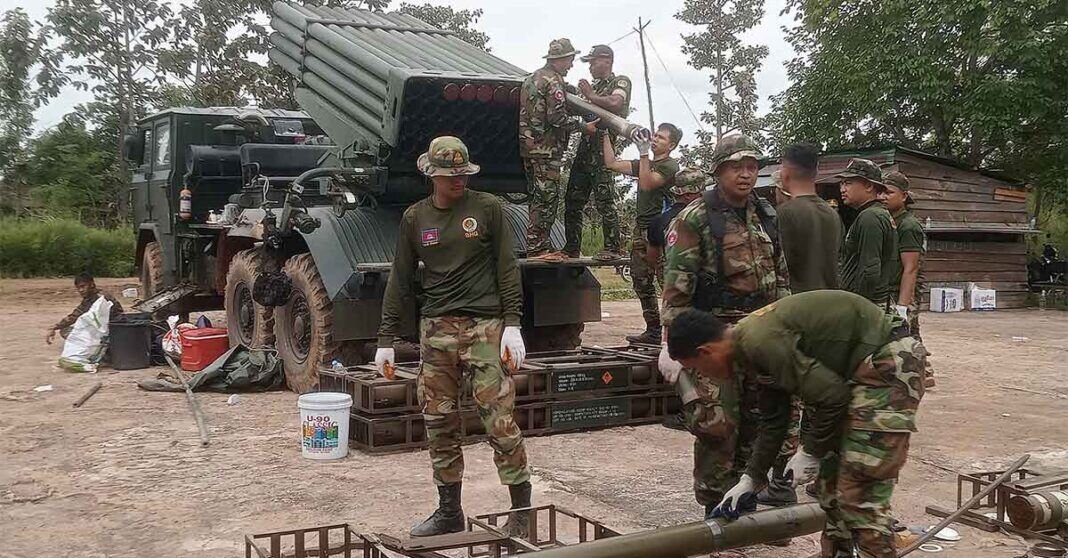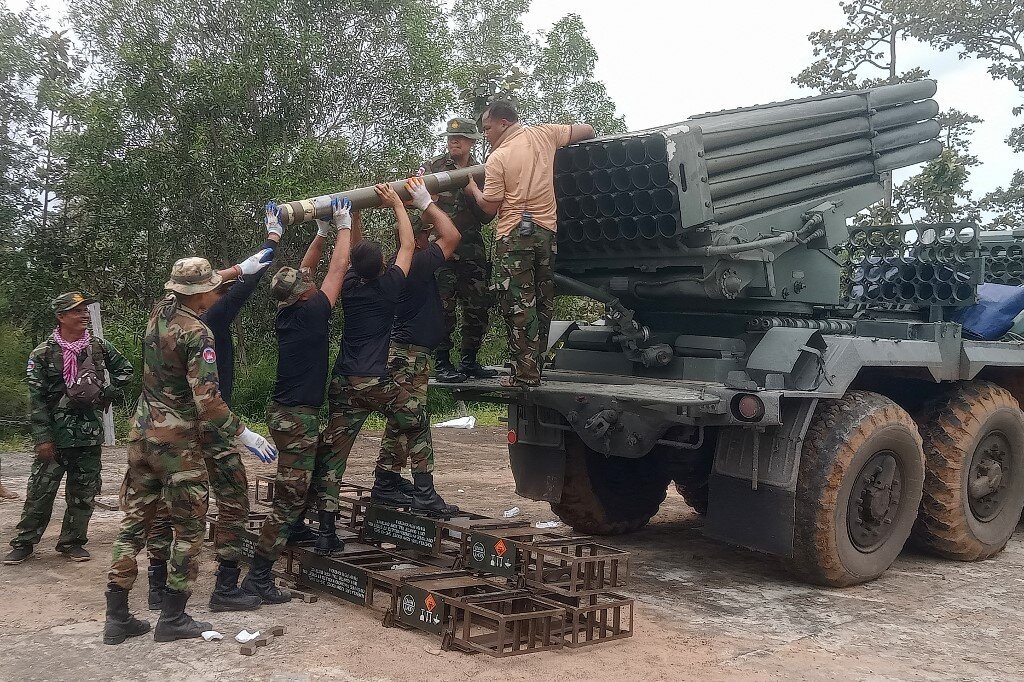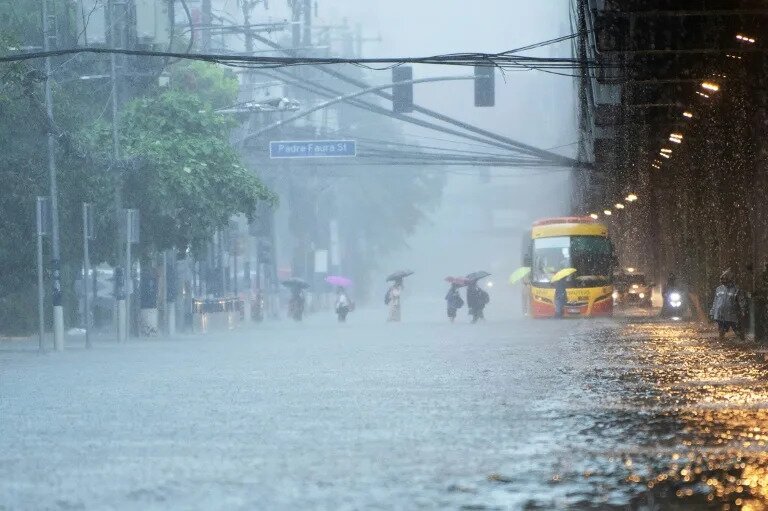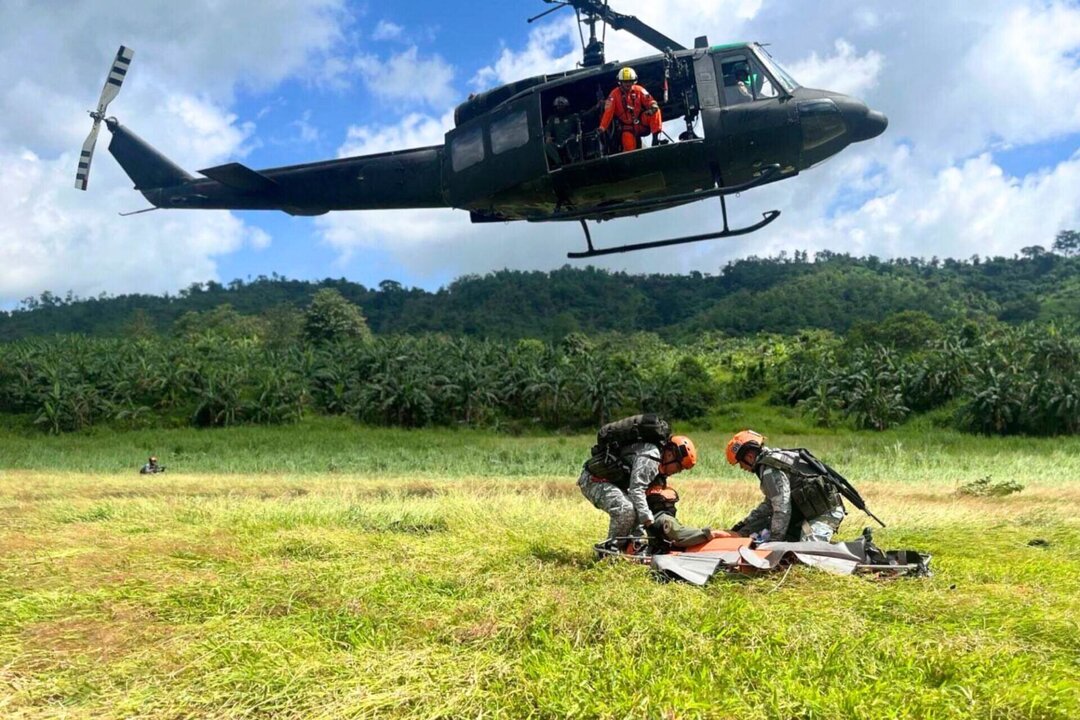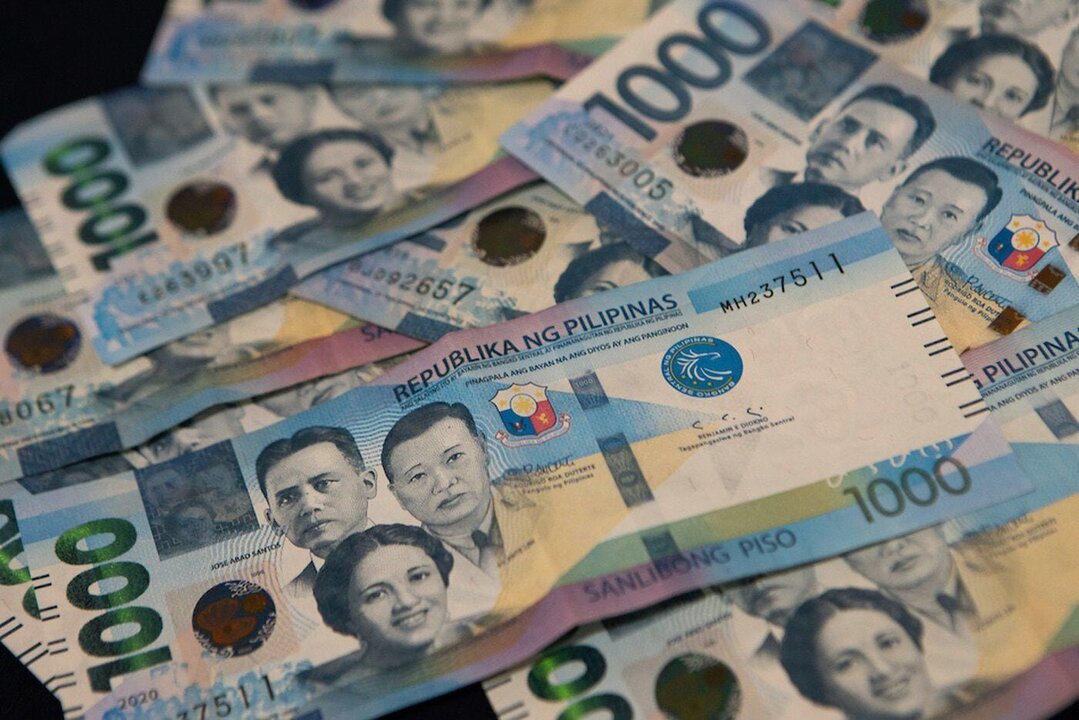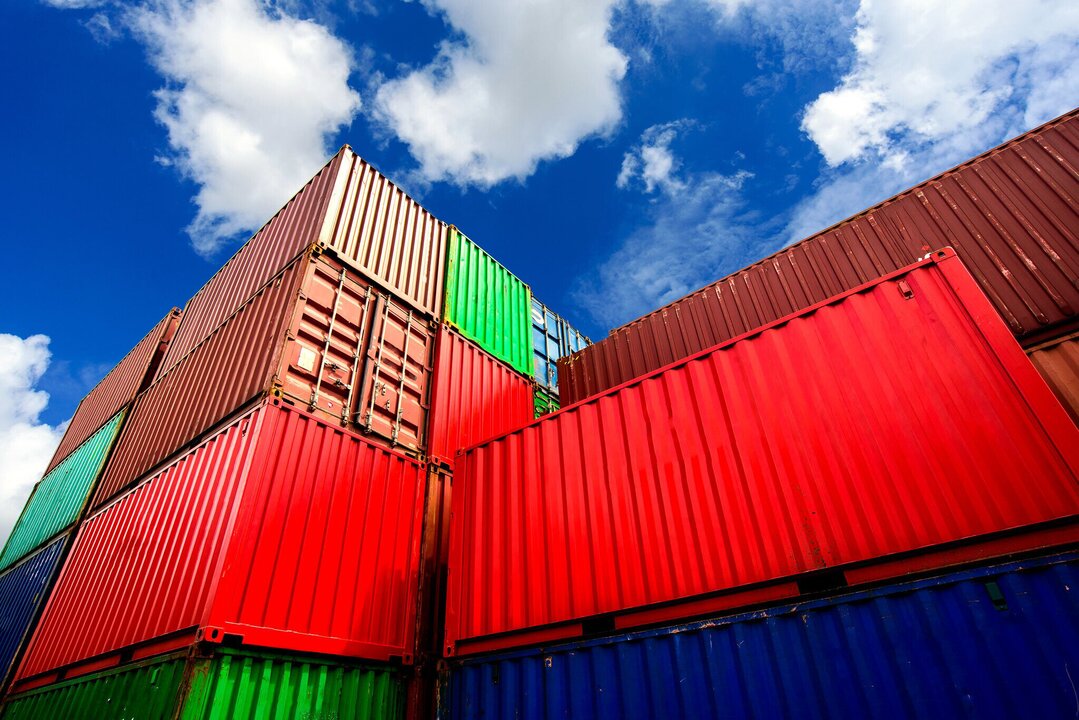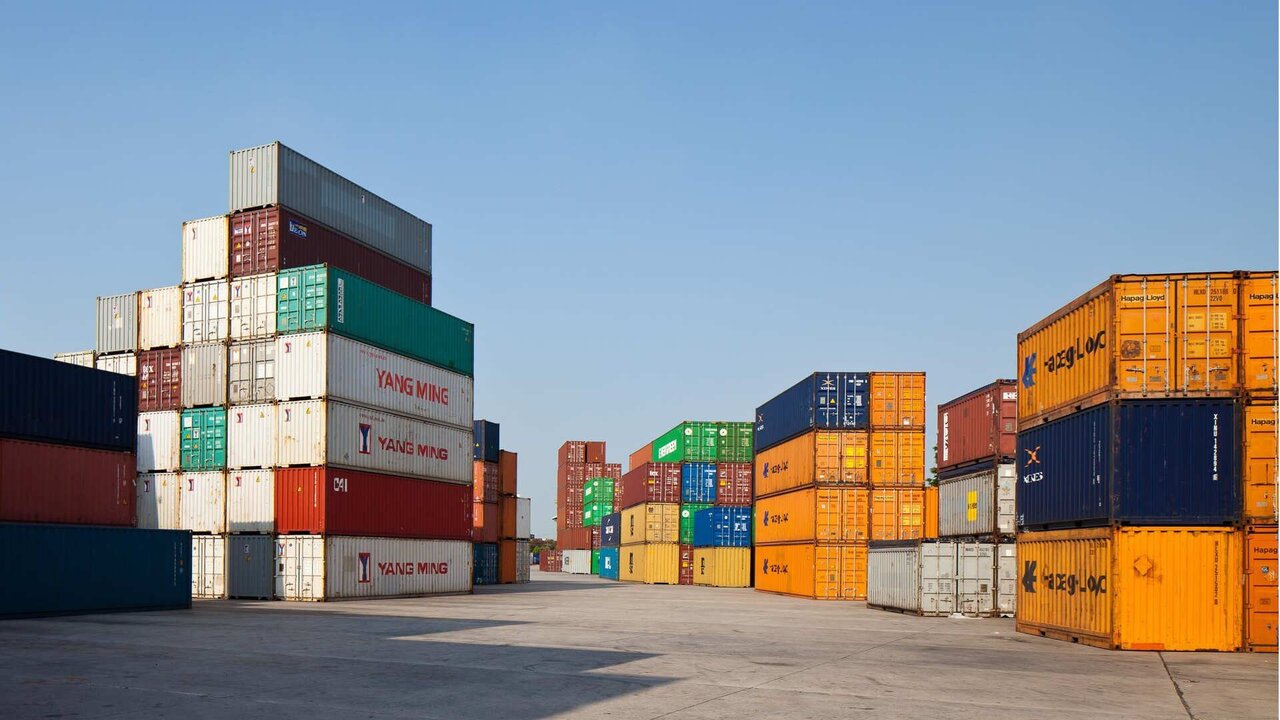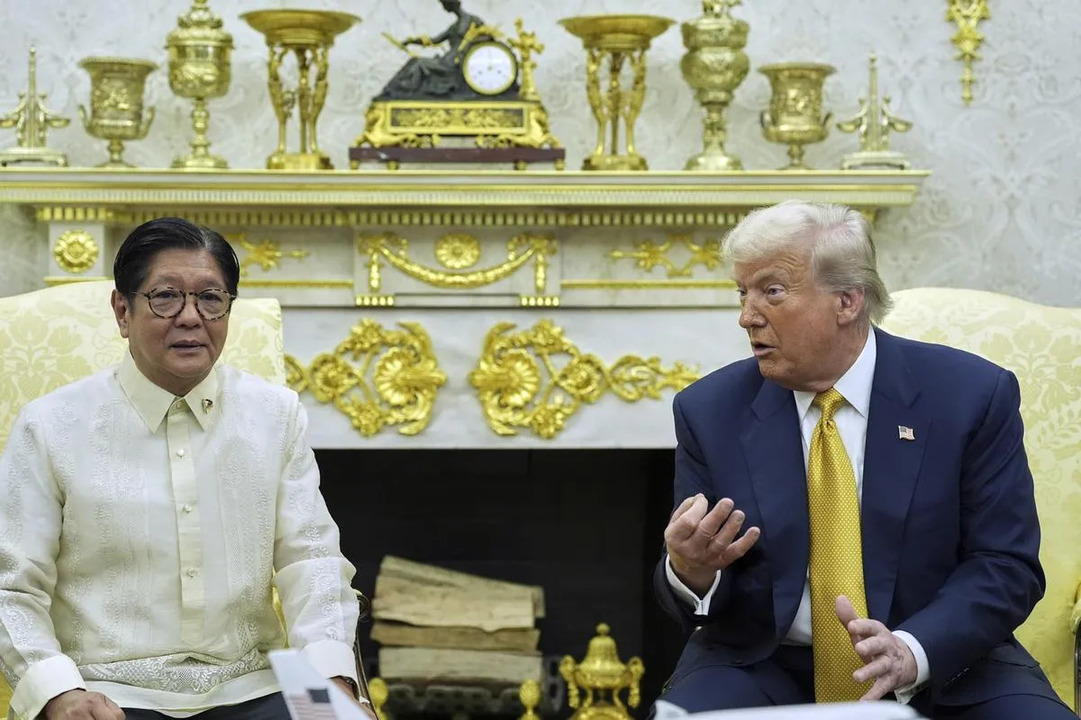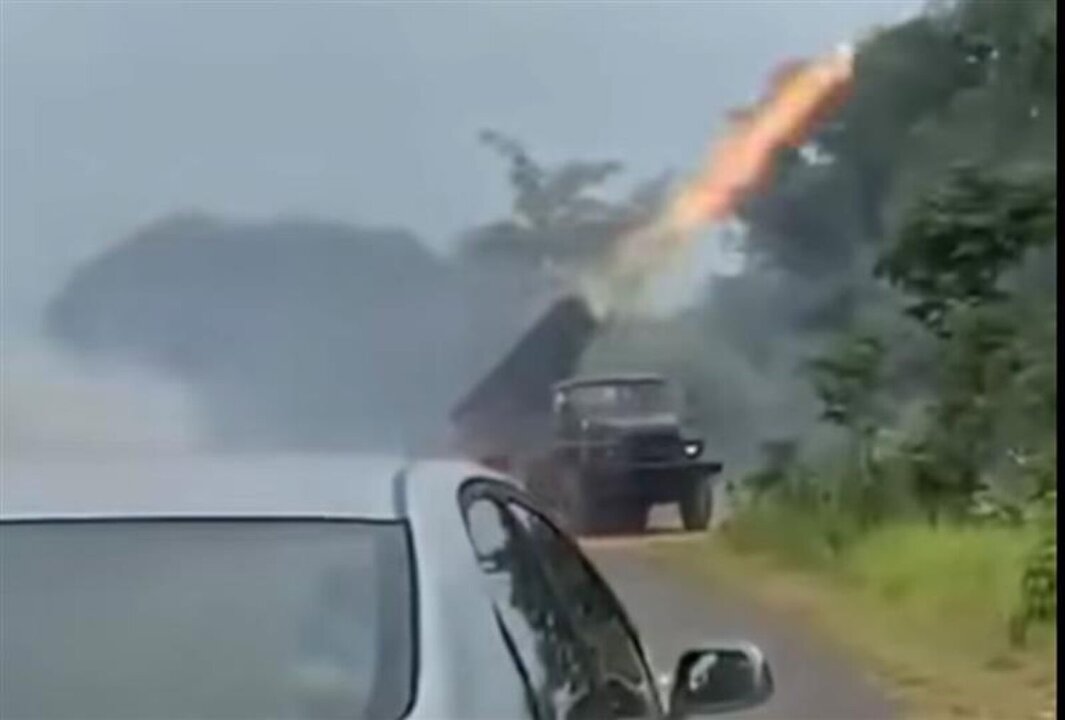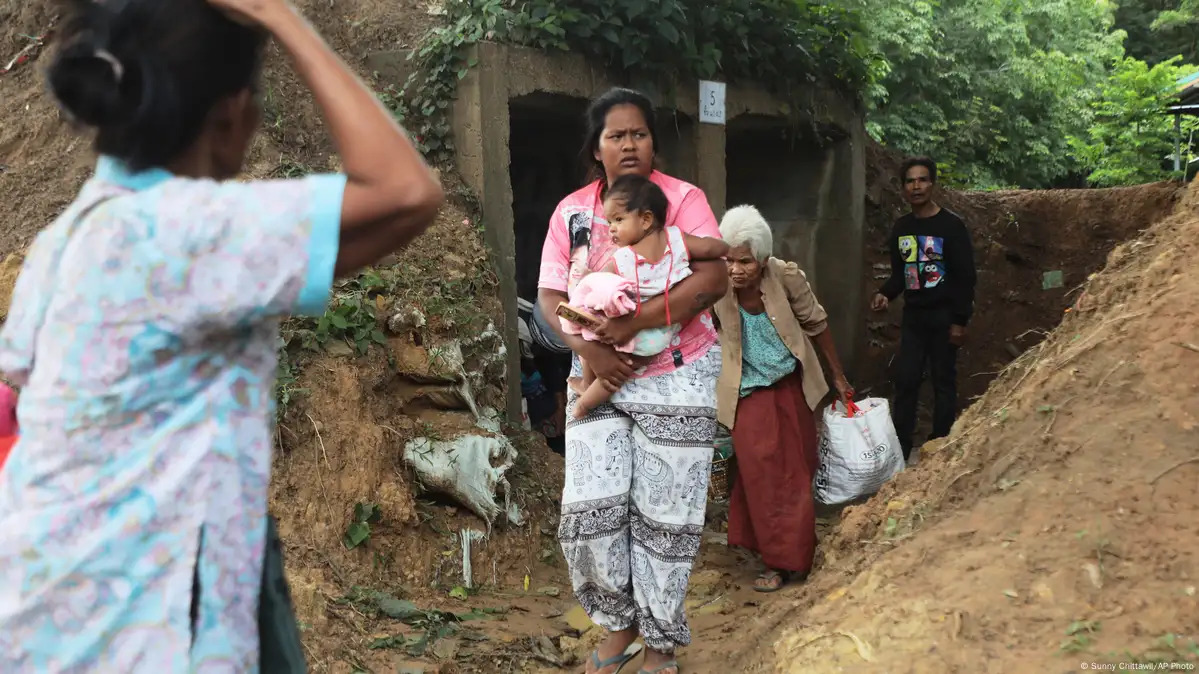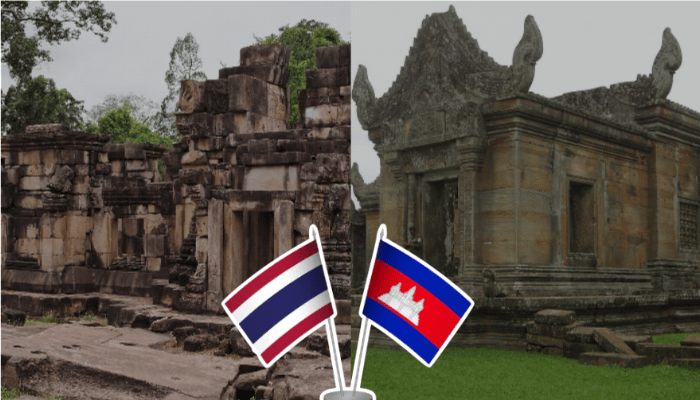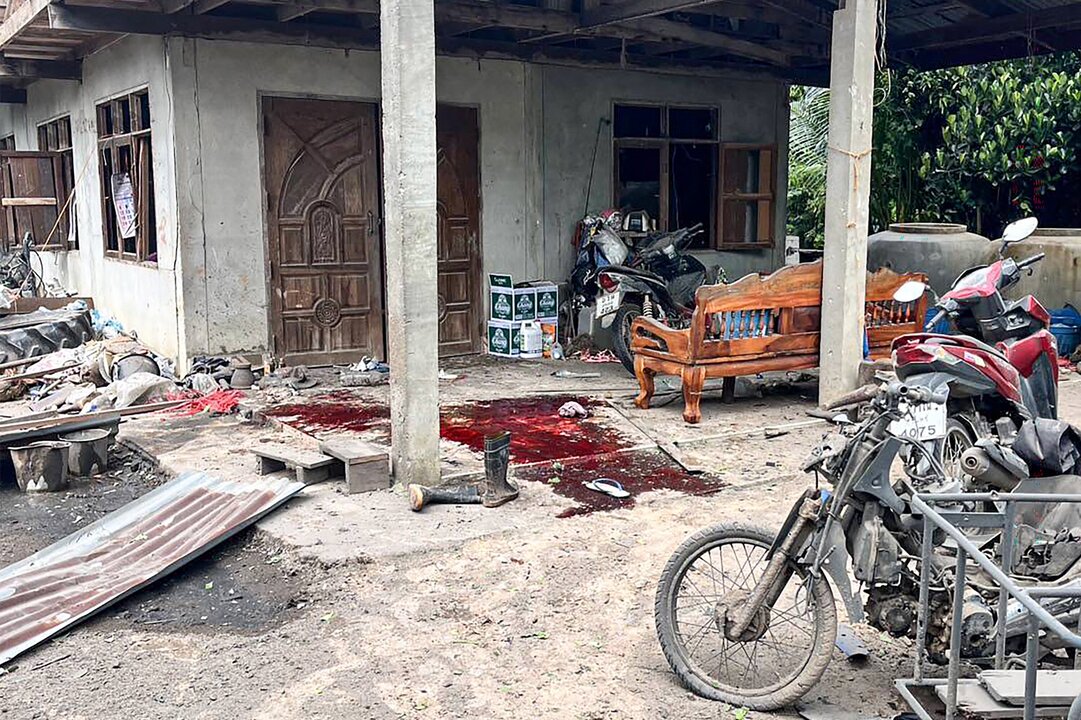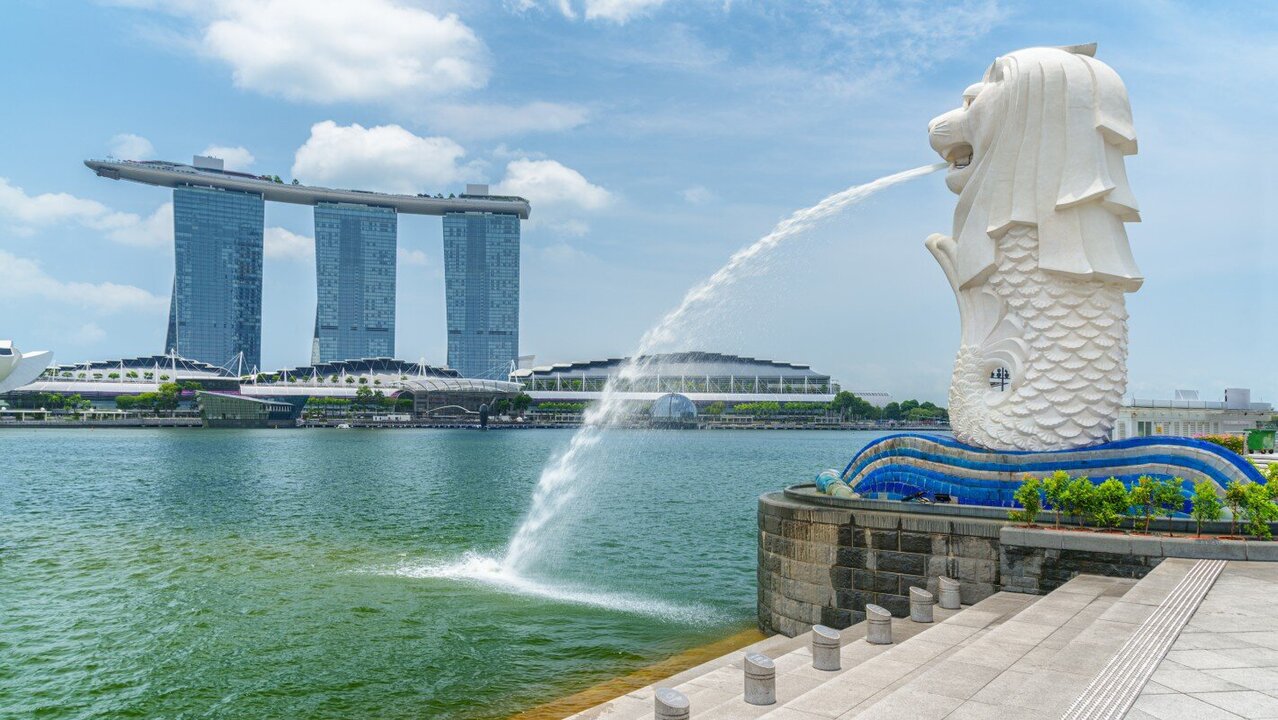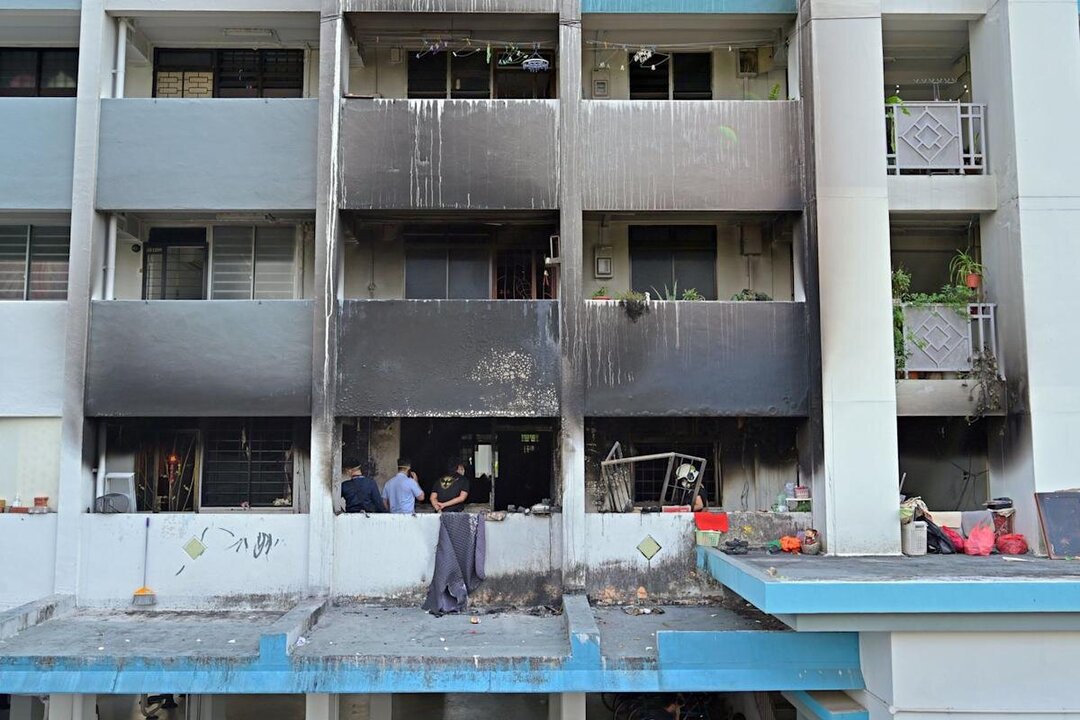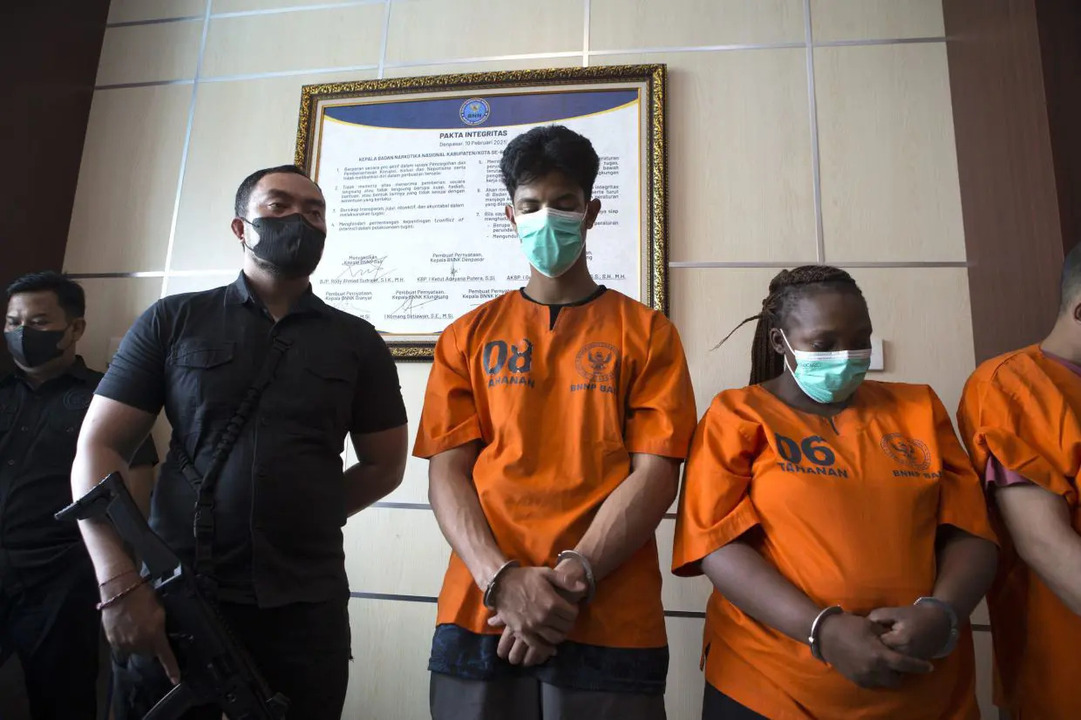The incident occurred around 4:55 pm local time in a disputed border zone under Thai Second Army jurisdiction.
Four other soldiers suffered shock symptoms and concussive injuries and are receiving treatment at Nam Yuen Hospital .
In response to the explosion, the Thai government took several diplomatic and security measures.
All northeastern border crossings were closed.
Thailand recalled its ambassador from Phnom Penh and expelled Cambodia’s ambassador, accusing Cambodia of planting newly laid Russian-made PMN‑2 anti-personnel landmines—devices not used by the Thai military—and lodging a formal protest via its Foreign Ministry .
The Thai army activated its “Chakrapong Phuwanart” emergency plan, reinstated during the 2011 Preah Vihear temple crisis, involving both the 1st (Central Plains) and 2nd (Northeast) Army Regions .
This latest incident follows a previous landmine blast on July 16, when three soldiers stepped on PMN‑2 mines near Chong Bok in Nam Yuen district.
One lost a foot and two others were injured.
Thai bomb-disposal teams recovered further devices, raising concerns that hundreds may lie buried within Thai territory.
Military officials initially believed the landmines might be remnant from decades-old conflicts, but later investigations found them to be newly planted .
Cambodia has denied responsibility, stating that Thai personnel strayed from agreed patrol routes into its territory, where unexploded ordnance remains.
The Cambodian Mine Action and Victim Assistance Authority labelled Thai accusations “baseless” and expressed regret over the incident .
The Cambodian Ministry of National Defence echoed this position, attributing the explosion to an unauthorized Thai patrol incursion .
These mine incidents follow a broader escalation that began with a brief military skirmish on May 28, in which a Cambodian soldier was killed.
Since then, both countries have implemented border closures, trade restrictions, and media bans.
Cambodia has halted imports of Thai agricultural produce and broadcasts, while Thailand has limited crossing points and reinforced military presence in multiple provinces .
Domestic political reactions have intensified in both countries.
In Thailand, Acting Prime Minister Phumtham Wechayachai and the ruling Pheu Thai Party cite the blasts as grave threats to peace.
Separately, Prime Minister Paetongtarn Shinawatra is under an ethics probe over a leaked phone call in which she criticised the military—a controversy linked to the border dispute .
In Phnom Penh, Prime Minister Hun Manet announced the activation of a conscription law in 2026—dormant since its passage in 2006—citing rising tensions with Thailand and plans to augment Cambodia’s defence capabilities, including a proposed increase in defence spending from a national budget already allocating US $739 million to the military .
The law mandates 18 months of service for citizens aged 18–30 (voluntary for women), with indications that the training period may be extended to 24 months .
Despite continued calls from both governments for de-escalation and diplomatic engagement—including Cambodia’s intention to bring the matter before the International Court of Justice—neither country has fully disengaged.
Thai military authorities have signalled their intent to escalate the issue to the United Nations under the Ottawa Treaty, which prohibits the deployment of anti-personnel landmines .
The border remains a sensitive flashpoint, with both nations maintaining heightened military readiness and restricted patrol protocols.
The disputed zones near Ubon Ratchathani and Preah Vihear continue to feature contested geography, contested claims and the persistent threat of unexploded or newly emplaced ordnance.
